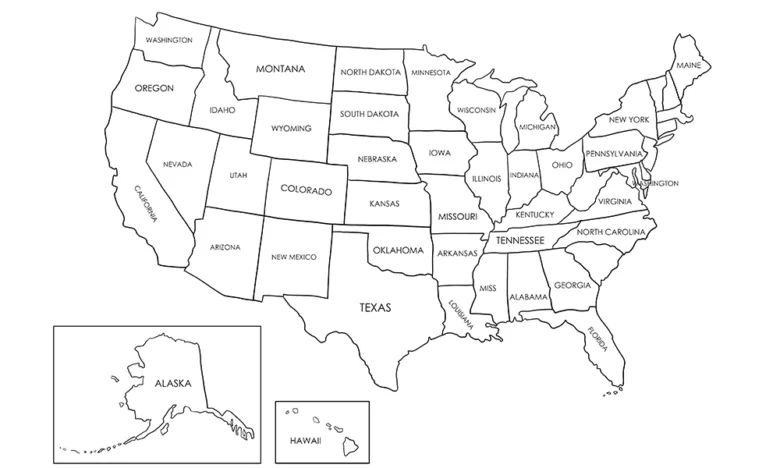
Ever wonder why your sex drive seems to take a rollercoaster ride throughout your life? It’s not just your imagination! Hormones, those powerful chemical messengers in our bodies, play a major role in shaping our desires. Today, we’ll delve into three key players: estrogen, testosterone, and progesterone, and explore how they influence libido at different life stages.
Estrogen: The Spark
Estrogen, often associated with feminine traits, is crucial for both men and women. In women, it’s primarily produced in the ovaries and fuels sexual development. Higher estrogen levels are linked to increased vaginal lubrication, blood flow to the genitals, and overall receptivity to intimacy. During the follicular phase (the first half) of your menstrual cycle, estrogen surges, often leading to a heightened interest in sex.
Testosterone: The Fuel
Often thought of as a male hormone, testosterone is present in both sexes, though at different levels. In women, testosterone is produced in the ovaries and adrenal glands. It acts like a fuel, contributing to sexual desire, arousal, and even clitoral pleasure. Low testosterone levels can lead to a decrease in libido for some women.
Progesterone: The Shifter
Progesterone, another ovarian hormone, takes on a more complex role. During the luteal phase (the second half) of the menstrual cycle, progesterone rises alongside estrogen. However, progesterone’s primary function is to prepare the body for pregnancy, and some research suggests it can have a dampening effect on libido for some women.
Hormonal Harmony Throughout Life
These hormones work in a beautiful, yet intricate, dance throughout our lives. Here’s a glimpse into how they influence libido at different stages:
- Puberty: Rising estrogen and testosterone levels ignite sexual development and the awakening of desire.
- Adulthood: Throughout your menstrual cycle, the ebb and flow of these hormones contribute to fluctuating levels of libido.
- Pregnancy: During pregnancy, progesterone takes center stage, and sexual desire may decrease due to physical changes and hormonal shifts.
- Perimenopause and Menopause: As estrogen levels decline leading up to and during menopause, some women experience a decrease in libido. However, this isn’t universal, and other factors can play a role.
Understanding Your Body’s Language
If you’re experiencing a persistent dip in your libido, it’s important to consult with a healthcare professional. There could be underlying health conditions or lifestyle factors at play.
Hormones are just one piece of the puzzle when it comes to sexual desire. Stress, emotional well-being, and relationship dynamics all play a part. I offer free discovery calls to explore your unique situation and discuss ways to reignite your passion. Let’s chat – hop on a call with me today!










